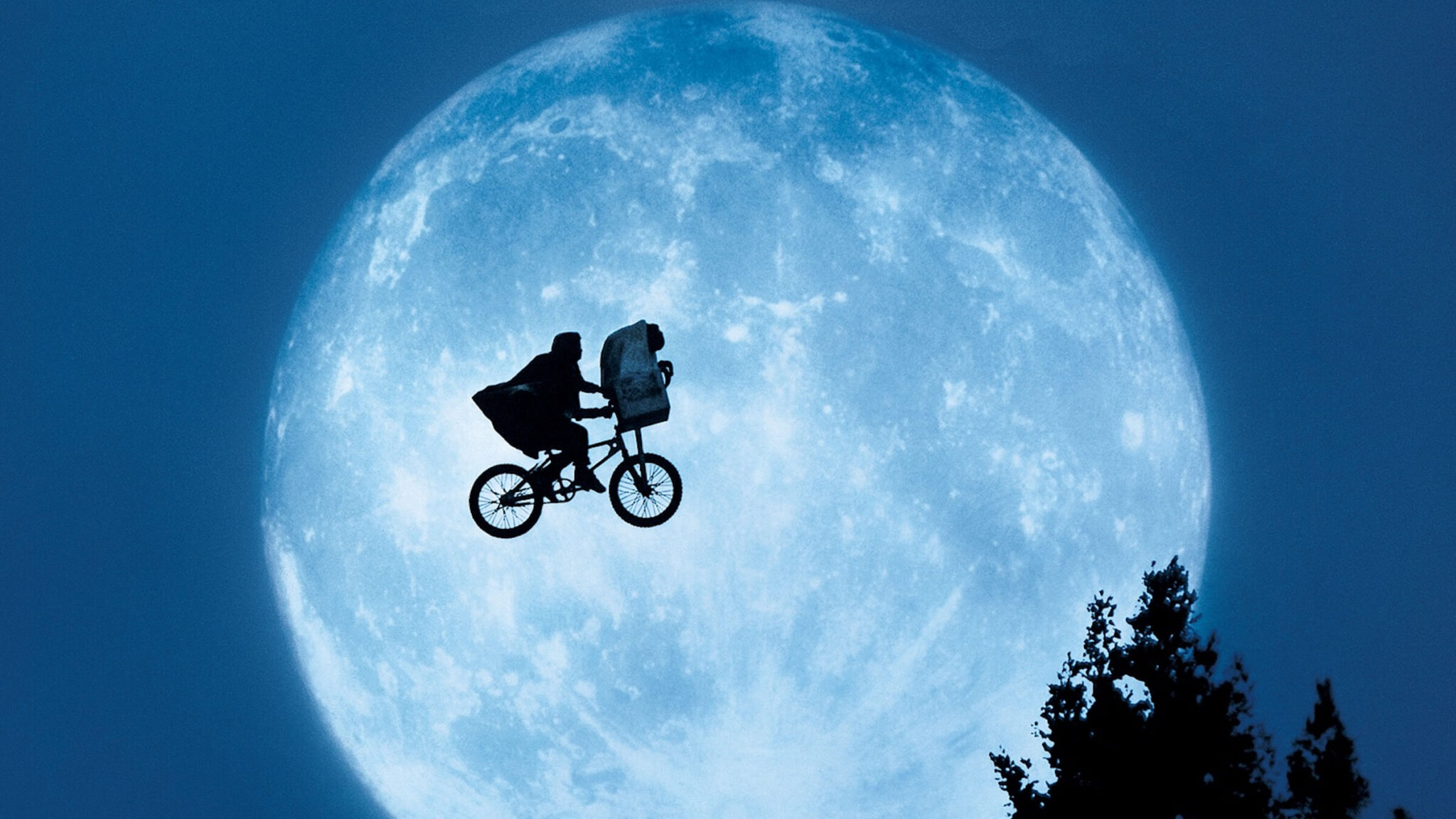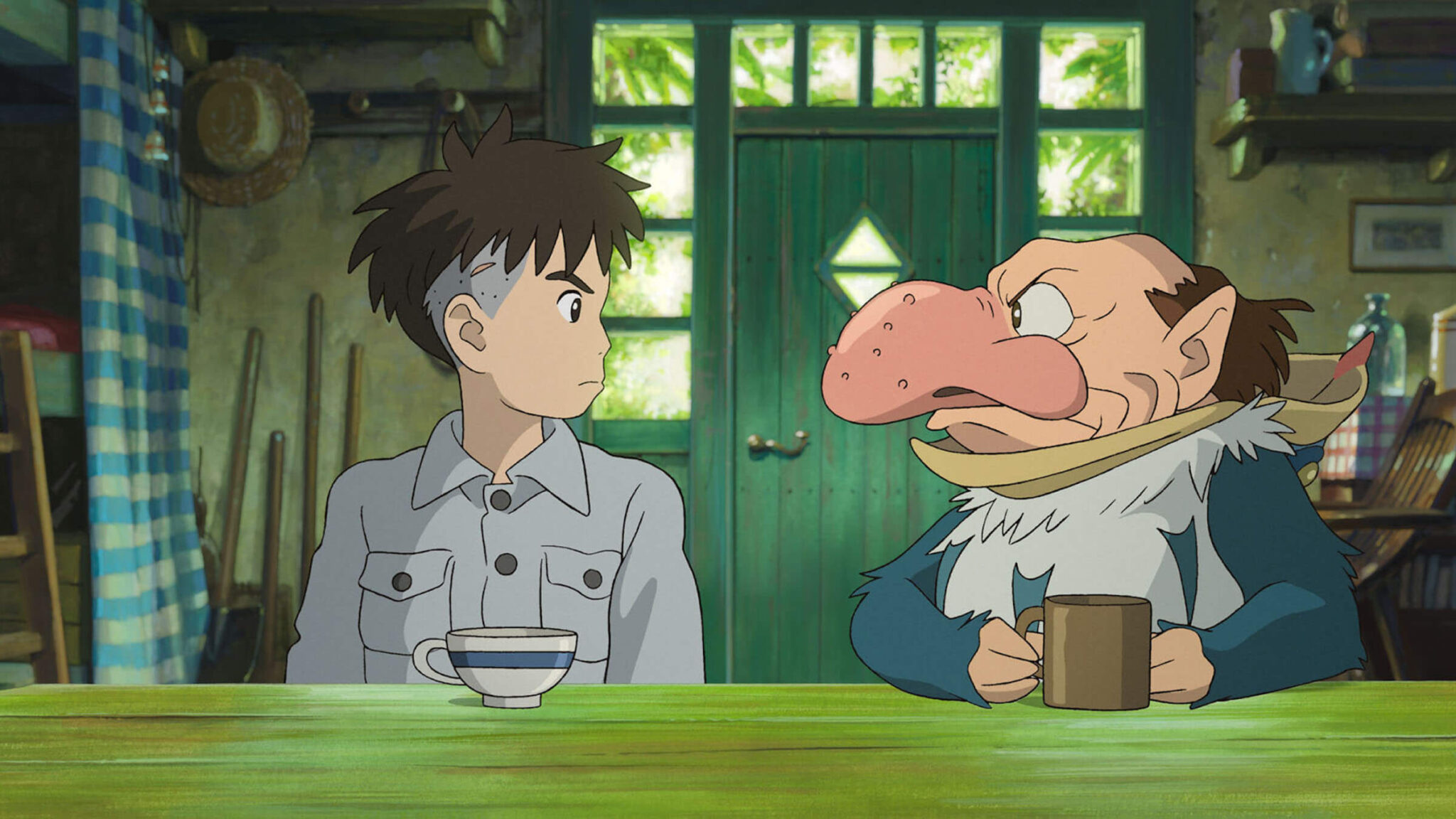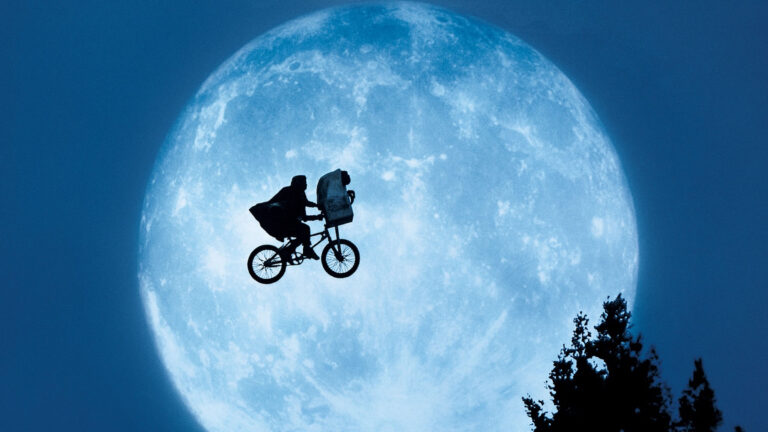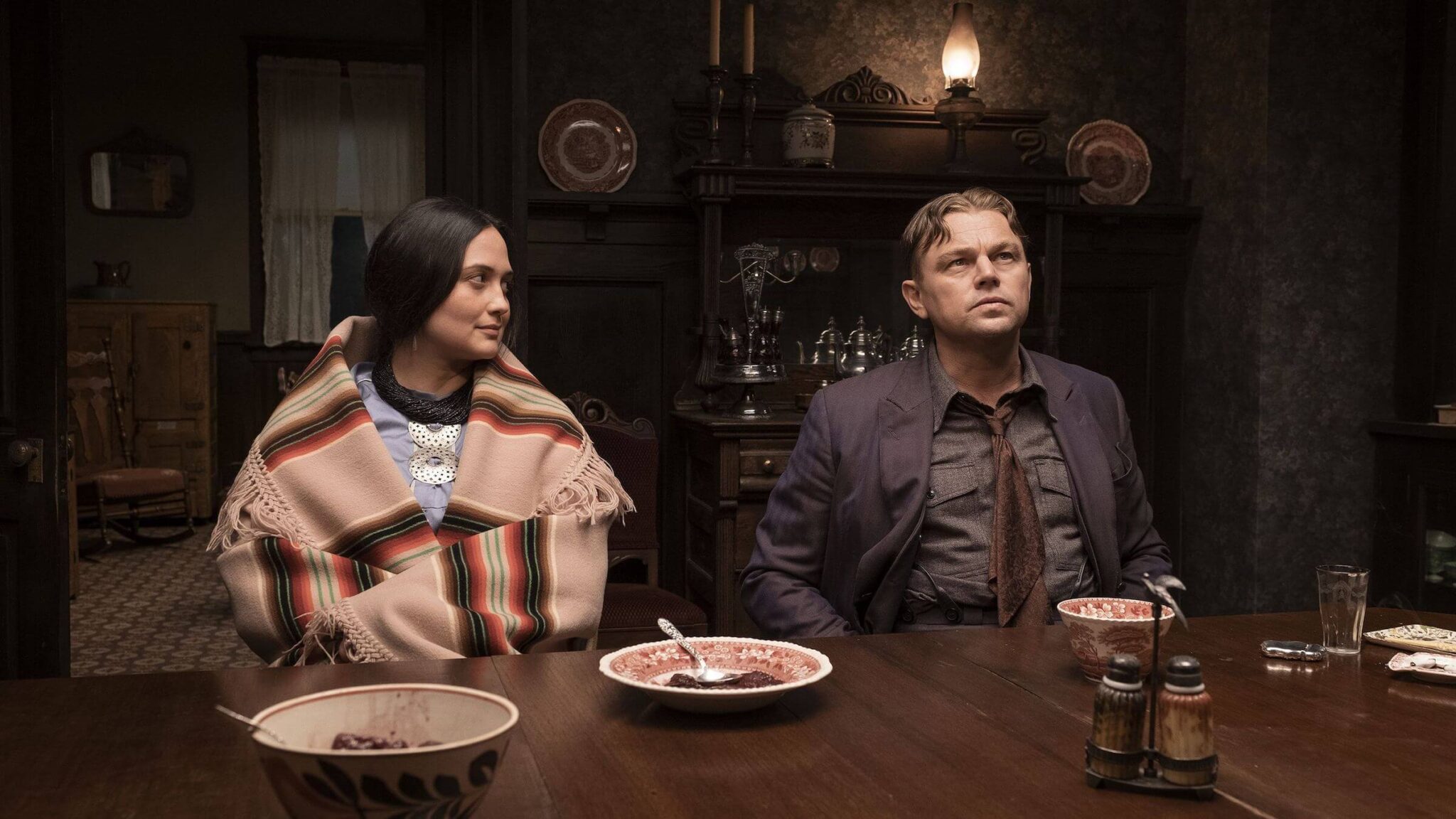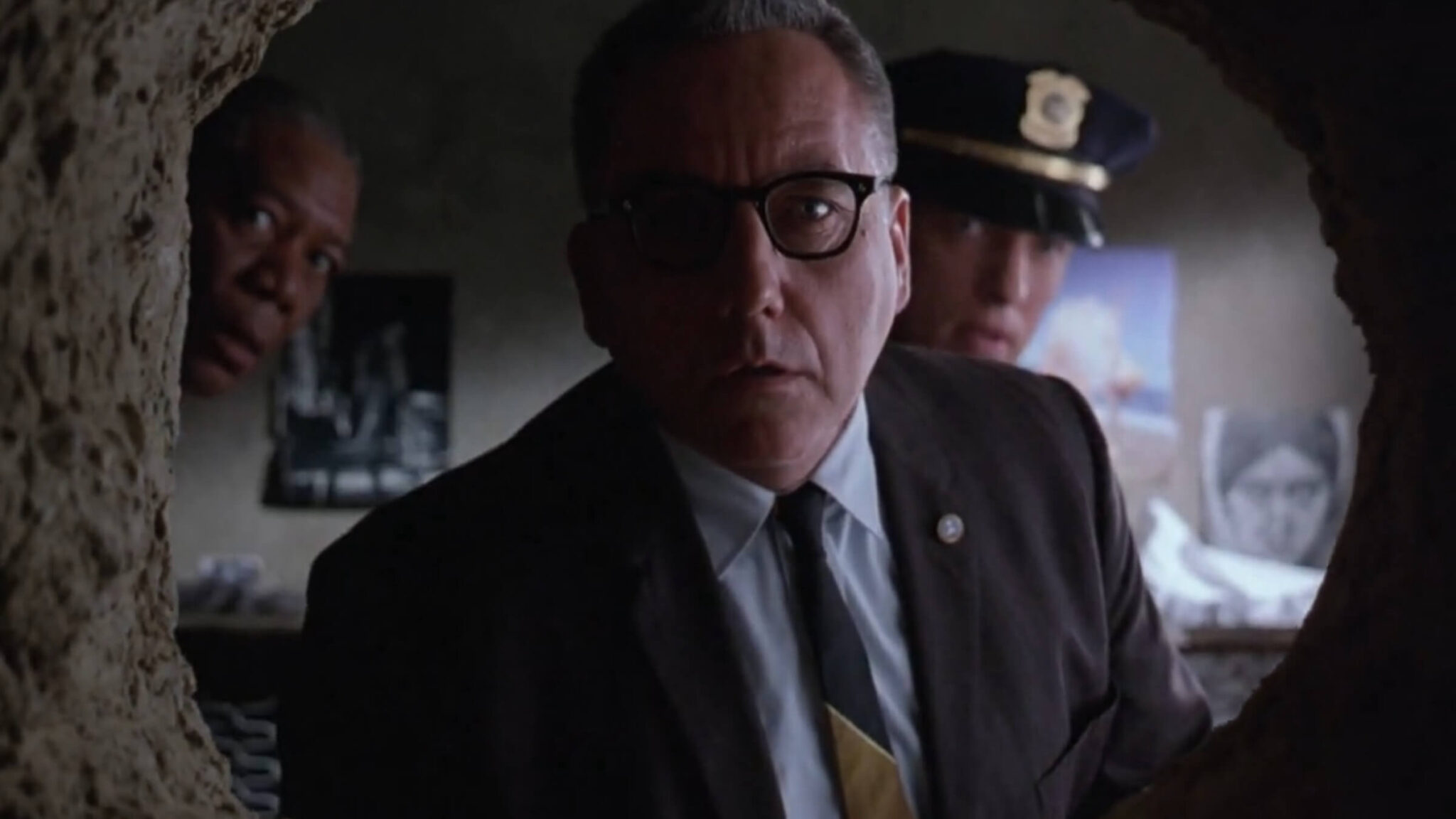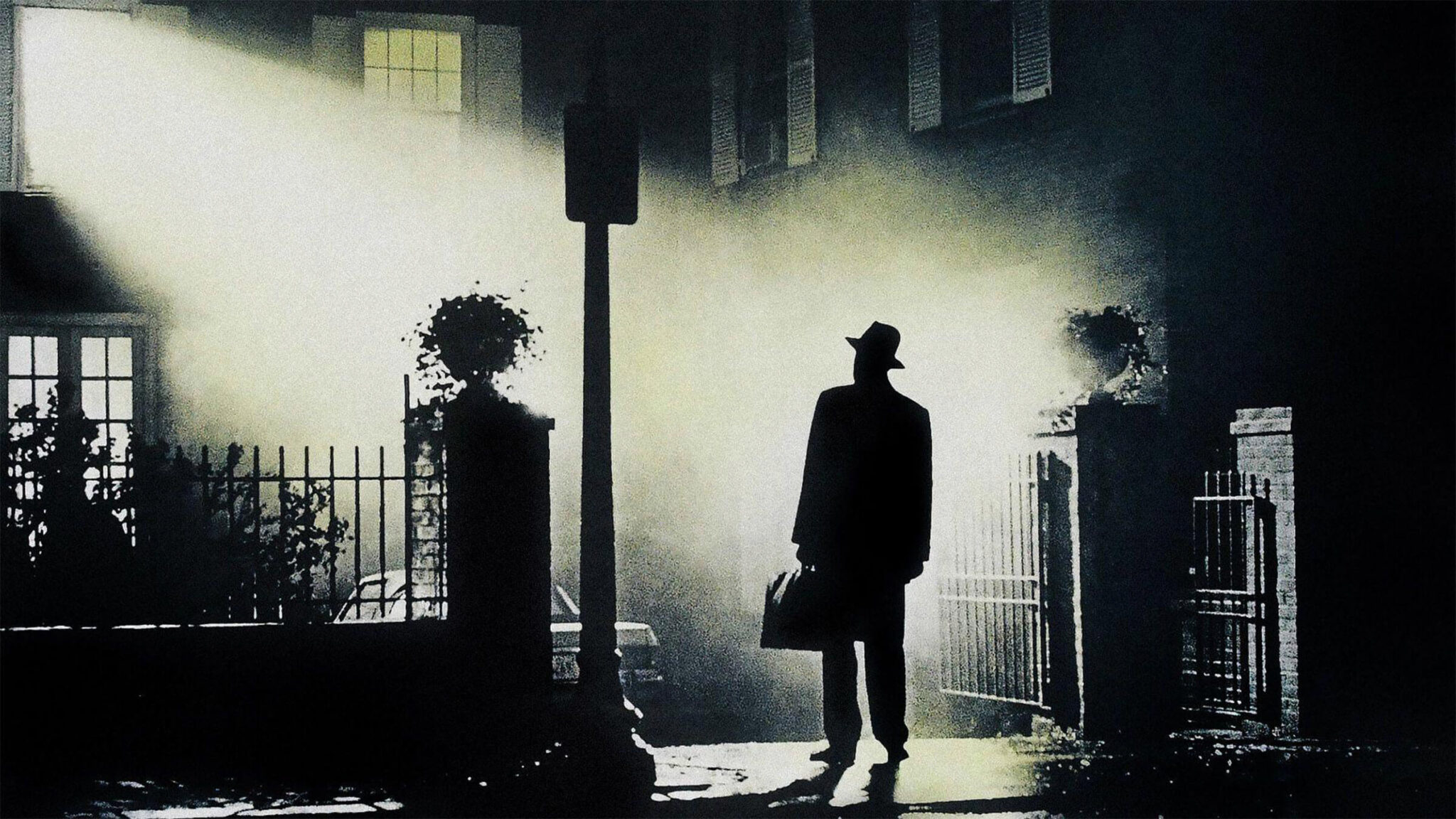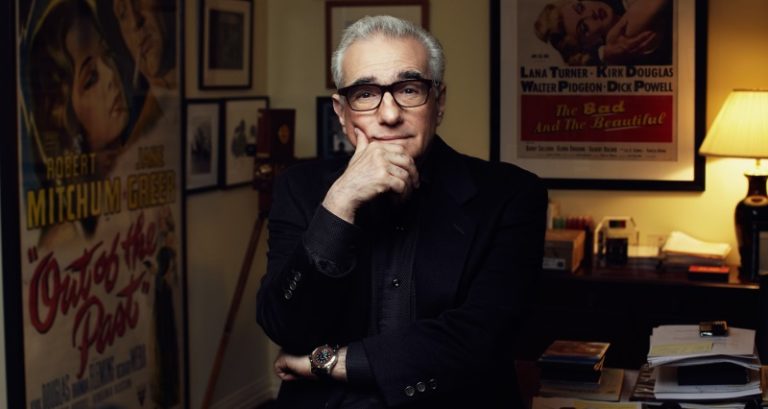
What screenwriting lessons can we draw from the words of one of our generation's most celebrated directors — Martin Scorsese?
Film is a collaborative medium. Everyone from the crew to the director is a storyteller. The screenwriter and screenplay are just the beginning. Some directors are masters of their craft, while others encompass the whole spectrum of cinematic storytelling with passion and vision. Martin Scorsese is one of those visionaries that transcends his position as a mere director.
He is the most Oscar-nominated living director with eight nominations (one win) and is tied with Billy Wilder for the second-most nominations overall. Scorsese also won the Primetime Emmy Award for Outstanding Directing for a Drama Series for his work on the series premiere of Boardwalk Empire. He also received the AFI Life Achievement Award in 1997.
Here we feature some of Martin Scorsese’s greatest quotes on directing, writing, and cinematic storytelling as a whole — followed by our own elaboration.
"We have to remember — we may think we know what’s going to last and what isn’t. We may feel absolutely sure of ourselves, but we really don’t know, we can’t know."
As the late William Goldman wisely said, "Nobody knows anything." One of the most frustrating elements of the screenwriting journey is listening to the pundits — and even the Hollywood insiders — talk endlessly about what's hot, what's not, what people will want to see, and what people don't want to see.
Nobody really knows. Most of it is just talking for the sake of talking. Development executives and assistants don't have a job if they're not actively developing and trying to stipulate what the audience wants. But nobody really knows.
So tune out the noise and write movies that you want to see.
"Try something experimental. You push further. It's not just experimental for experiment-sake. But you push the boundaries further."

If you're always trying to chase that trend or write your own version of something that has been done before, you're going to become stagnant, and you're going to blend in with the thousands of others doing the very same thing.
If you want to stand out, you have to push those boundaries. You have to find different and better ways to tell a cinematic story. Sure, there's some truth to the notion that every story has been done. But it's more about how you present that otherwise familiar theme, subject matter, world, or character type that matters.
Push the limits of how you tell those stories.
Dialogue is a great way to push boundaries. Learn how to write great movie dialogue with this free guide.
"The question of commercialism is a source of worry. Must one make a choice, must it be a matter of either setting your sights on winning an Academy Award and becoming a millionaire or making only the movies you want to make and starving to death?"
There's a balance, yes. Nobody wants to starve. Every screenwriter wants to make a living doing what they love. However, Scorsese is primarily talking about that inner drive within you. If you're doing this to hold a gold statue or make millions of dollars, you're not going to last that long. Primarily because it takes many years to get to that level. There are no overnight successes like the trades try to make you believe. Most "overnight" successes are a direct result of a decade or more of struggle and rejection.
If money and fame are what drives you, and you don't see that come to fruition after a few years, you're going to burn out.
Screenwriting has not been and never will be an easy paycheck. It takes years to develop the art and craft of screenwriting. It takes time to find your unique voice that stands out from the rest. So you have to not just want it. You have to need to tell those stories — even if they never make it to the big screen.
"Movies touch our hearts and awaken our vision, and change the way we see things. They take us to other places, they open doors and minds. Movies are the memories of our lifetime, we need to keep them alive."

What you do as a screenwriter is important. It's so much more than earning a paycheck and entertaining the masses. Screenwriters and filmmakers make people laugh when they need to laugh, cry when they need to cry, cheer when they need to cheer, scream when they want to scream, and forget about the world around them when they want or need to forget — if not for just two hours.
So it's your duty as a screenwriter to find ways to touch hearts, awaken people's minds, and open doors to different perspectives. You can accomplish this through any genre. You can disguise a small character study within a high concept. You can offer cathartic moments within a fantasy or science fiction story.
Keep that magic alive.
"The image in the mind’s eye. For me, it’s where the obsession began. It’s what keeps me going, it never fails to excite me. Because you take one shot, you put it together with another shot, and you experience a third image in your mind’s eye that doesn’t really exist in those two other images."
Brilliant screenwriting is often found in the subtext and in between the lines and visuals you present to the audience.
You may describe two characters shouting at each other in anger and frustration, but that scene may be about the undying love those two characters have for each other.
You may watch John McClane firing endless rounds from a machine gun and later dressing a deep wound in his foot as he relays a message for his estranged wife, but what we're really seeing is a man that realizes he's more than likely going to die.
That's the magic of cinema.
Read More: How ‘Killers of the Flower Moon’ Echoes Martin Scorsese's Previous Films
"As in the case of many great films, maybe all of them, we don’t keep going back for the plot."
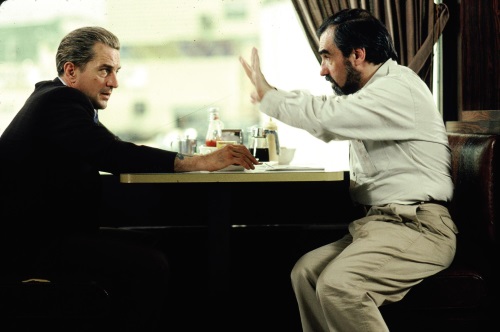
Plot should always be secondary to story, character, and theme.
Plot is more involved with structure and how the story is presented. But the story contains the emotional elements relating to how a character is dealing with the conflicts that the core concept of the script presents. And that all ties to the theme of the story as well.
Be less focused on the arrangement of how the story unfolds (plot) and more focused on whether or not the story and characterization are worthy of that arrangement.
The emotional journey of the characters as a direct result of the conflicts within the concept is what keeps audiences coming back to the theaters. They could care less about what plot reveal happens on what page according to some superficial formula that someone has concocted to sell screenwriting books.
Just tell a compelling, engaging, emotional, and cathartic story with great characters.
"It is not the most brilliant that excel in film, but the most patient."
Let's just dispel this misconception now. You're not going to see significant success with that first screenplay. You won't even see it happen in your second or third. You may make some strides, get some contest notice, and, if you're lucky, get some meetings with Hollywood insiders. But it's going to take some time for your writing to get where it needs to be and for you to find yourself at the right place, at the right time, with the right person and the right script.
If you really want to go on this screenwriting journey, be patient. Wait for your opportunities. Don't jump into the fire until you have three to five amazing scripts. And that usually doesn't include the first three scripts you've ever written.
It will take time to get those fantastic scripts written. It will take time to build a network of industry contacts. It will take time for the stars to align to get you paid. It will take time to get any of your projects produced.
You've got to be in it for the long haul.
"You want to get films made that express what you have to say."
Writing the latest action or horror flick is fine. There's nothing wrong with that. But the best screenwriters find a way to share their message to the world through their cinematic stories — even if that message is hidden within a genre set piece.
Get Out wasn't just a horror movie about scary white people terrorizing an African-American. It was a social commentary on the world we live in today when it comes to race.
Dances With Wolves wasn't just an epic historical drama about a man who joined the enemy's side. It was a story that explored themes about nature, race, communication, and humanity.
Audiences embrace movies that offer cathartic messages intertwined with entertainment.
"Don't pay attention to the industry. Do your own thing."

If you're writing for anyone else but yourself, you're going to struggle. Yes, you need to pay attention to the market and increase your odds of breaking through by writing scripts that Hollywood wants to make and audiences want to see. But you can accomplish that by writing what excites you within that context.
And when you've got some safer bets with those types of scripts, always be ready, willing, and able to write what Hollywood and audiences didn't know they wanted.
Read More: The 20 Best Directors of All Time!
Ken Miyamoto has worked in the film industry for nearly two decades, most notably as a studio liaison for Sony Studios and then as a script reader and story analyst for Sony Pictures.
He has many studio meetings under his belt as a produced screenwriter, meeting with the likes of Sony, Dreamworks, Universal, Disney, Warner Brothers, as well as many production and management companies. He has had a previous development deal with Lionsgate, as well as multiple writing assignments, including the produced miniseries Blackout, starring Anne Heche, Sean Patrick Flanery, Billy Zane, James Brolin, Haylie Duff, Brian Bloom, Eric La Salle, and Bruce Boxleitner. Follow Ken on Twitter @KenMovies
Tags
Get Our Screenwriting Newsletter!
Get weekly writing inspiration delivered to your inbox - including industry news, popular articles, and more!















